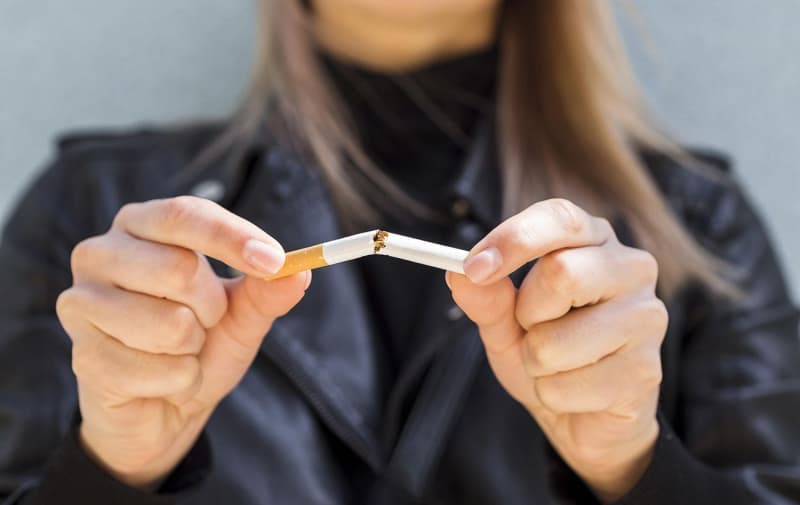
DOCTOR EXPLAINS IF QUITING SMOKING AFTER LONG-LASTING DEPENDENCE IS TOO LATE
There is a myth that quitting smoking after a long history of tobacco use is pointless. However, it's crucial to understand why it's never too late to break this harmful habit and how it can significantly improve health, writes the Center for Public Health.
Here's what happens to the body after the last cigarette
Within 20 minutes, pulse and blood pressure normalize.
After 12 hours, carbon monoxide levels in the blood return to normal.
Within 48 hours, the body completely eliminates nicotine.
After a year, the risk of premature death from cardiovascular diseases is halved.
It's essential to remember that there is no safe form of smoking. Both conventional cigarettes and electronic cigarettes, as well as tobacco products for heating and hookahs, pose a threat to health. Even occasional smoking still harms the heart and blood vessels. Therefore, it's advisable to quit smoking altogether or avoid starting.
Diseases caused by smoking
Smoking contributes to various diseases, including:
Respiratory diseases and asthma
Various cancers affecting different parts of the body and organs
Coronary heart disease, heart attacks, and strokes
Osteoporosis
Cataracts and blindness
Periodontal diseases
Vascular diseases and aortic aneurysm
Infertility and impotence
These diseases are not exclusive to active smokers; passive smokers (those inhaling tobacco smoke near a smoker) are also at risk of developing the mentioned conditions.
Importantly, parents who smoke set a poor example for their children, influencing their perceptions of the social acceptability of smoking. Scientifically proven, children and adolescents from families where at least one parent uses tobacco products are seven times more likely to start smoking.
2023-12-20T17:52:59Z dg43tfdfdgfd